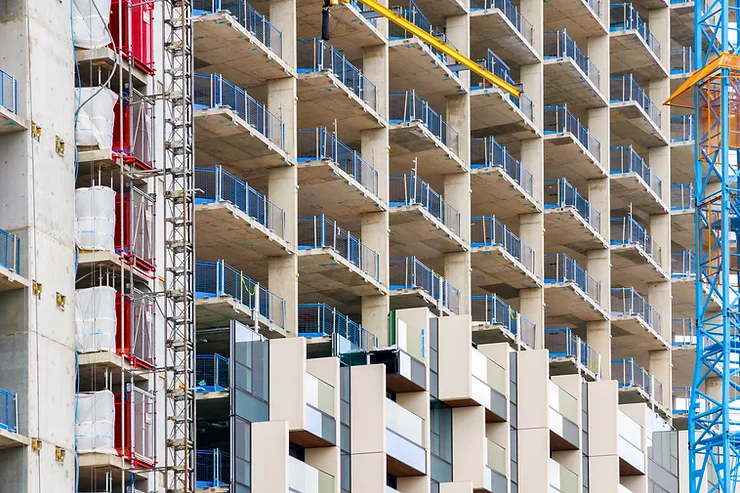How to Become A Property Developer

Becoming a property developer is an exciting and rewarding venture for those looking to make a mark in the real estate industry. It offers the opportunity to create and shape communities while generating substantial financial returns. However, the path to becoming a successful property developer requires careful planning, knowledge, and perseverance. In this comprehensive guide, we will outline the essential steps to embark on your journey as a property developer and set yourself up for success
Define Your Goals and Strategy:
Before diving into property development, it is crucial to define your goals and establish a clear strategy. Determine the type of properties you want to develop, such as residential, commercial, or mixed-use. Consider factors like location, target market, and budget. Developing a focused strategy will guide your decisions throughout the process and help you stay on track.
Conduct Thorough Market Research:
A thorough understanding of the real estate market is essential for any aspiring property developer. Research market trends, demand-supply dynamics, and emerging areas with growth potential. Analyse property prices, rental yields, and market preferences. This knowledge will inform your decision-making process and allow you to identify lucrative investment opportunities.
Build a Strong Network:
Networking is key in the property development industry. Connect with real estate agents, architects, contractors, lenders, and other professionals. Attend industry events, join real estate associations, and engage in online communities. Building relationships will provide valuable insights, potential partnerships, and access to resources, helping you navigate the complex landscape of property development more effectively.
Secure Financing:
Property development often requires substantial financial resources. Explore different financing options, including traditional lenders, private investors, and joint ventures. Prepare a detailed business plan and financial projections to demonstrate the viability of your project to potential investors or lenders. Consider seeking professional advice to ensure your financial strategy aligns with your development goals.
Identify and Acquire Properties:
Once you have secured financing, identify suitable properties aligned with your strategy. Conduct due diligence on potential sites, considering factors such as zoning regulations, infrastructure, and development constraints. Negotiate purchase prices and contract terms. Engage professionals, such as architects and surveyors, to assess the property’s feasibility and potential for value enhancement.
Develop a Detailed Project Plan:
Developing a comprehensive project plan is crucial to stay organized and manage the various aspects of property development effectively. Outline timelines, milestones, and budget allocations. Obtain necessary permits and approvals from local authorities. Create a construction and marketing strategy tailored to your target market. Ensure you have contingency plans in place to address unforeseen challenges.
Oversee Construction and Project Management:
During the construction phase, closely monitor progress, ensuring compliance with plans, budgets, and timelines. Coordinate with contractors, subcontractors, and suppliers to maintain quality standards. Regularly communicate with project stakeholders, keeping them informed and resolving any issues that arise promptly. Effective project management is vital for delivering successful developments on time and within budget.
Marketing and Sales:
As your project nears completion, develop a comprehensive marketing and sales strategy to attract potential buyers or tenants. Utilize online and offline marketing channels to showcase the unique features and benefits of your development. Collaborate with real estate agents to reach a broader audience. Conduct open houses and offer incentives to generate interest and close deals successfully.
Evaluate and Learn:
Once your project is completed and sold or leased, take the time to evaluate the process and outcomes. Analyze the financial performance, return on investment, and lessons learned. Reflect on what worked well and areas for improvement. Continuously seek to refine your strategies and expand your knowledge to enhance future projects.
Conclusion
Becoming a property developer requires dedication, knowledge, and a strategic approach. By following these essential steps and maintaining a proactive mindset, you can embark on a successful journey as a property developer. Remember to stay adaptable and embrace learning opportunities along the way. Property development is a dynamic industry, and each project presents unique challenges and rewards. With careful planning, thorough research, a strong network, and a commitment to excellence, you can realise your vision, create impressive developments, and establish yourself as a respected property developer in the industry. Start today, and let your passion for real estate drive you towards a fulfilling and prosperous career in property development.






